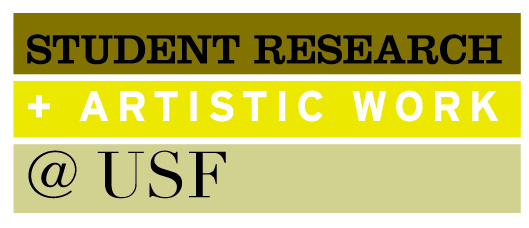Major
Asia Pacific Studies
Research Abstract
Technological advances in communications and transportation have unlocked new pathways for mobilizing transnational flows of people, information, and culture. The cyber-networked landscape in which we now live has enabled a pluralistic existence, no longer restricted to singular definitions of citizenship, identity, and cultural membership. In the era of the internet and globalization, the world is often said to be “shrinking.” However, instead of a smaller or simpler world, our project illustrates far more layered and complex relationships and positionalities. This multi-sited research project focuses on the ways in which Korean immigrants and Korean Americans use language to establish cultural networks, preserve dual/plural identities, and develop shared practices or appropriate behavior.
Based on existing research focusing on linguistic practice (Bucholtz, 1999), we examined how individuals at specific sites in the San Francisco Bay Area embrace or reject Korean cultural and identity maintenance. In addition, we focused on code-switching and language crossing as methods of informal learning and constructing belonging (Rampton, 1998). We employed ethnographic observations and interviews totaling over 100 hours at Korean-owned businesses and churches.
This exploration of language use and interactions in the local Korean American community provides a lens into the contemporary transnational condition. One in which expressions of dual identities and a pluralistic sense of ‘being’ challenges notions of a contracted world. Ultimately, these interactions and processes reshapes understandings of new Korean immigration experiences, transnational identities, and the linguistic practices that produce them.
Faculty Mentor/Advisor
Genevieve Leung
Included in
Asian Studies Commons, Korean Studies Commons, Other American Studies Commons, Social and Cultural Anthropology Commons
KOREAN-NESS: Creating and Embracing New Identities Through Language and Culture
Technological advances in communications and transportation have unlocked new pathways for mobilizing transnational flows of people, information, and culture. The cyber-networked landscape in which we now live has enabled a pluralistic existence, no longer restricted to singular definitions of citizenship, identity, and cultural membership. In the era of the internet and globalization, the world is often said to be “shrinking.” However, instead of a smaller or simpler world, our project illustrates far more layered and complex relationships and positionalities. This multi-sited research project focuses on the ways in which Korean immigrants and Korean Americans use language to establish cultural networks, preserve dual/plural identities, and develop shared practices or appropriate behavior.
Based on existing research focusing on linguistic practice (Bucholtz, 1999), we examined how individuals at specific sites in the San Francisco Bay Area embrace or reject Korean cultural and identity maintenance. In addition, we focused on code-switching and language crossing as methods of informal learning and constructing belonging (Rampton, 1998). We employed ethnographic observations and interviews totaling over 100 hours at Korean-owned businesses and churches.
This exploration of language use and interactions in the local Korean American community provides a lens into the contemporary transnational condition. One in which expressions of dual identities and a pluralistic sense of ‘being’ challenges notions of a contracted world. Ultimately, these interactions and processes reshapes understandings of new Korean immigration experiences, transnational identities, and the linguistic practices that produce them.



